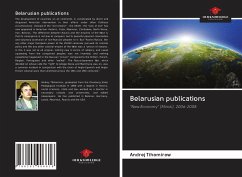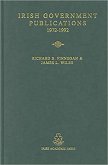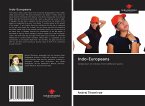The development of countries on all continents is complicated by direct and disguised American intervention in their affairs under often fictitious circumstances. Instead of the "evil empire" - the USSR - the "axis of evil" has now appeared in American rhetoric: Cuba, Myanmar, Zimbabwe, North Korea, Iran, Belarus. The difference between Russia and the empires of the West is that its emergence is not due to conquest, but to peaceful peasant colonization and voluntary accession of non-Russian peoples to it. But "Tsarist Russia, like any other major European power of the XVI-XIX centuries pursued its colonial policy and like any other colonial empire of the West was a "prison of nations. In this it was not at all original, nothing new in terms of robbery, and sweat squeezing from the conquered peoples was not invented, and nothing exceptional happened in the Russian "prison" compared to the British, French, Belgian, Portuguese and other "walled". The Russo-Japanese War, which decided on whose side the "right" to pillage Korea and Manchuria was on, was a common incident in comparison with the chain of Anglo-Spanish and Anglo-French colonial wars that stretched across the 16th and 19th centuries".
Hinweis: Dieser Artikel kann nur an eine deutsche Lieferadresse ausgeliefert werden.
Hinweis: Dieser Artikel kann nur an eine deutsche Lieferadresse ausgeliefert werden.








